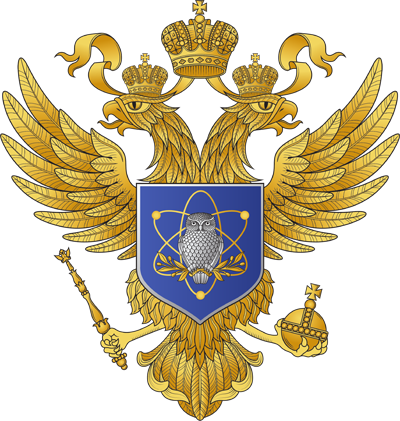Researchers from the Zelinsky Institute published a review, concerning the nature of catalytically active species in systems metal/N-heterocyclic carbene ligand
Complexes Metals with N-heterocyclic carbene ligands (M / NHC) are considered the systems of choice in homogeneous catalysis due to their stable metal−ligand framework. However, it becomes obvious that even metal species with a strong M-NHC bond can undergo evolution in catalytic systems. M-NHC bond cleavage processes can cause both deactivation of M / NHC catalyst systems, as well as produce “ligandless” active metal species and thus can be considered as M/NHC precatalyst activation. This, the reactions of metal-NHC bond cleavage have a great impact on the activity and stability of M/NHC catalytic systems and are of vital importance for homogeneous catalysis.
Researchers from the Zelinsky Institute published a review, where they provided systematization of representative M-NHC bond cleavage reactions as well as discussed their potential influence on catalysis. Distinction between the NHC-connected and NHC-disconnected active species is very important for the design of highly efficient M/NHC catalytic systems.
Source:
V. M. Chernyshev, E. A. Denisova, D. B. Eremin, V. P. Ananikov The key role of R-NHC couplings (R = C, H, heteroatom) and M-NHC bond cleavage in the evolution of M/NHC complexes and formation of catalytically active species, Chem. Sci., 2020, accepted manuscript, DOI: 10.1039/D0SC02629H


